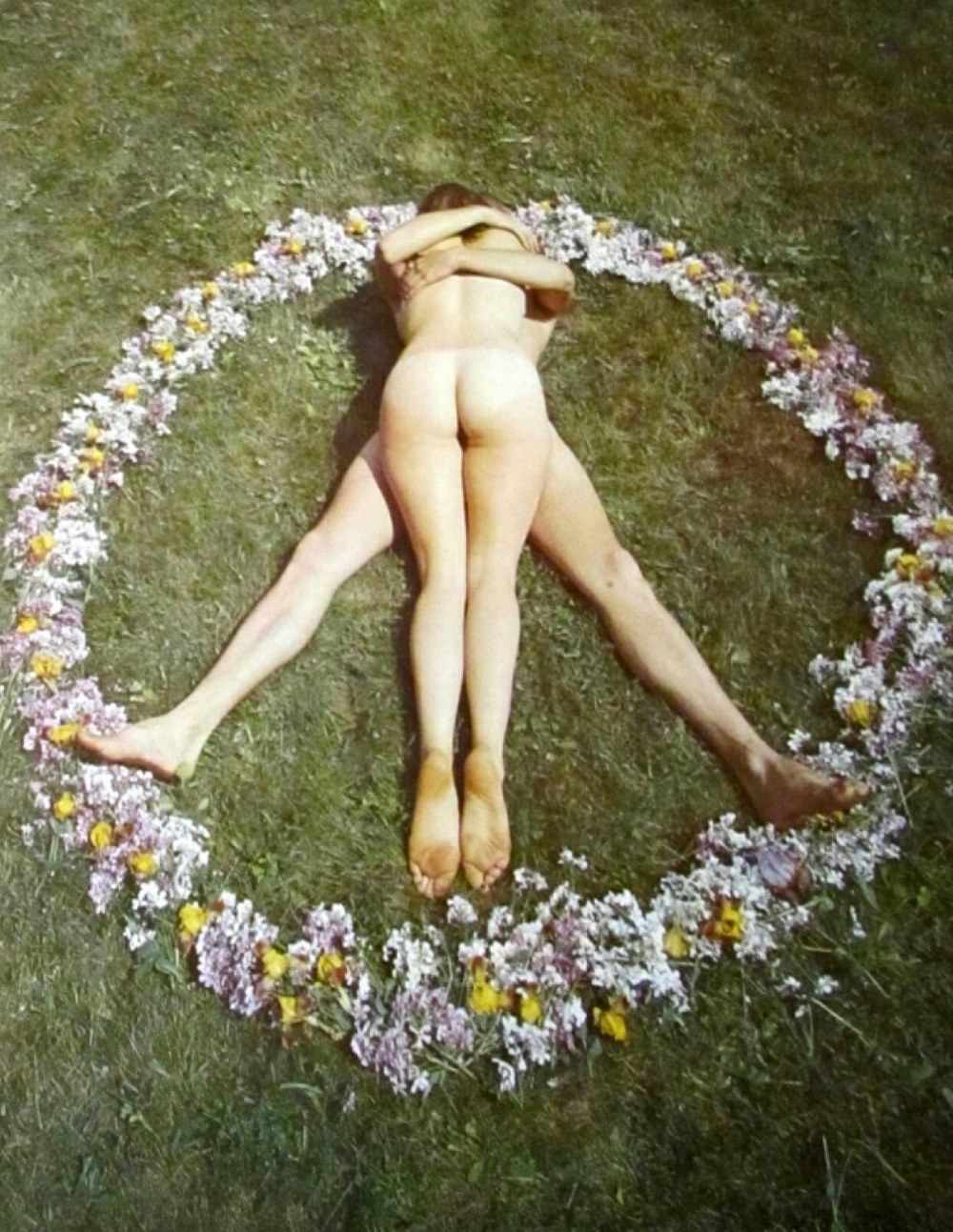Naturism, or the practice of being naked in a social context, became popular among hippies in the 1960s and 70s. For many, the embrace of naturism was a rejection of the repressive social norms and clothing constraints of mainstream society. Hippies saw naturism as a way to connect with nature, promote body positivity, and foster a sense of community and equality.
The origins of naturism can be traced back to Europe in the late 19th century, when a group of Germans started the Freikörperkultur movement, or “free body culture.” The movement aimed to promote health and wellness by advocating for nudity and outdoor activities. Naturism gradually spread throughout Europe and made its way to the United States in the 1920s.
However, it wasn’t until the 1960s that naturism gained popularity among the counterculture movement in the US. Many hippies saw naturism as a way to reject the rigid social norms of the era, which they believed were oppressive and stifling. The hippies embraced naturism as a way to promote body positivity and freedom of expression.
One of the most well-known examples of naturism among hippies was the Rainbow Gathering. The Rainbow Gathering is an annual event that brings together thousands of people from all over the world to celebrate peace, love, and nature. The event is held in a different location every year and attendees are encouraged to live communally and embrace naturism.
At the Rainbow Gathering, nudity is not mandatory, but it is widely accepted and even encouraged in certain areas of the camp. Many participants choose to be nude as a way to connect with nature and promote body acceptance. Some argue that being naked helps to break down social barriers and promotes a sense of equality and community.
While naturism among hippies was often associated with counterculture movements and communal living, it also had its critics. Some argued that the practice was a form of exhibitionism or even sexual deviance. Others were uncomfortable with the idea of being naked in public or saw it as a violation of social norms.
Despite these criticisms, naturism among hippies continued to gain popularity throughout the 1960s and 70s. Many viewed it as a way to promote health and wellness, as well as a way to reject mainstream social norms. Today, naturism remains a popular practice among certain groups and is seen by many as a way to promote body positivity, freedom of expression, and a connection to nature.


